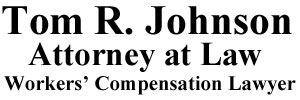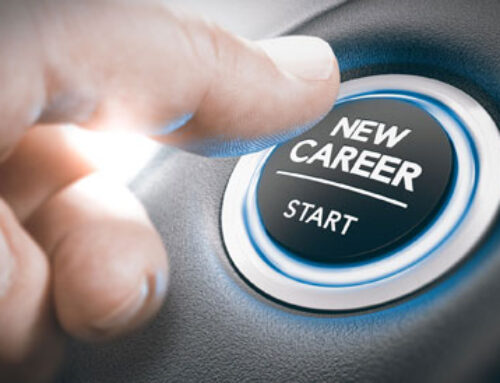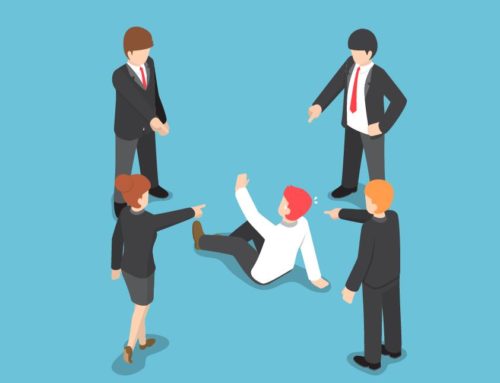Worker’s compensation benefits are payable only if your injury is related to your job. The clearest example of a work-related injury occurs when you are hurt on your employer’s premises during working hours, while you are doing your job and getting paid for it. You usually are entitled to benefits if you are injured in the company lunchroom during a rest break.
Can you get benefits if you are injured in a traffic accident on the way to work? Usually not. Under the so-called “going and coming” rule, you are generally not entitled to workers’ compensation benefits if you are injured while commuting to and from work. If, however, you are an outside salesman and call on clients between your home and the office, you are probably eligible for benefits.
You can’t get benefits if you deliberately injure yourself. (But you can get benefits if you were injured by your own carelessness.) Many states deny you benefits if the injuries happened because you were drunk or high on drugs. But the intoxication must have been a cause of the accident. If you are walking down an aisle of a warehouse when a light bulb explodes and injures you, for instance, you can recover workers’ compensation benefits even if you were drunk, since your drunkenness had nothing to do with the accident.
Most workers’ compensation acts also limit benefits to cases where physical injuries are suffered. Disease and illness often aren’t covered by workers’ compensation laws (but other laws may cover industrial diseases). Things like emotional distress and mental suffering, violation of your civil rights, defamation, and invasion of privacy are all beyond the scope of many workers’ compensation acts, although, you may have the right to sue in court your employer or fellow employee who infringed upon your rights.
If you or a loved one has been injured at work it is important to protect your legal rights. Call (916) 922-9902 to speak with Tom Johnson, a Sacramento work injury attorney.





